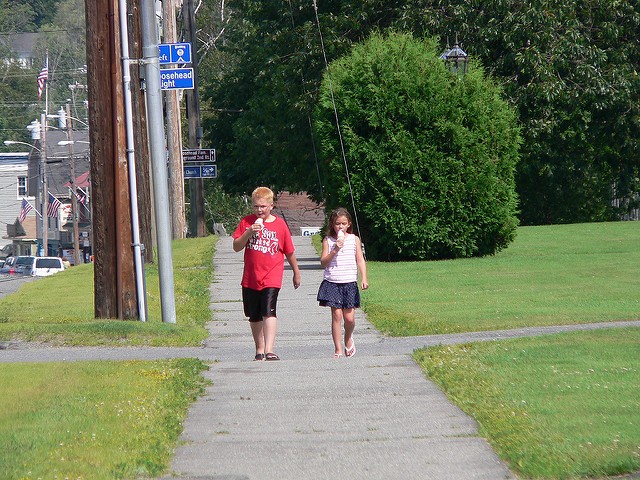
18 Apr Ying and Yang of Empathy and Aggression Differ for Boys and Girls
MedicalResearch.com Interview with:
Dr. Eider Pascual-Sagastizabal, PhD
Professor of Evolutionary Psychology and Education
University School of Education of Bilbao (Leioa)
University of the Basque Country
MedicalResearch.com: What is the background for this study? What are the main findings?
Response: The search for markers of aggression during childhood is a particularly relevant area of research, since the results of intervention and prevention during this developmental stage are more promising than those obtained during later stages. The psychobiological approach to aggressive behavior is of particular importance, as it analyzes the joint, interactive influence of both psychological and biological variables.
We have found that there are different interactions on a biological and psychological level that could account for aggressive behavior in children. More deeply, empathy and hormones could together account for aggressive behavior. In fact, the interactions were different for boys and for girls.
MedicalResearch.com: What should readers take away from your report?
Response: These results are essential for understanding why there are things that work when they are applied or if one intervene, and why at other times they don’t work. For example, it has always been said that the more empathy there is, the less aggressive behavior you will show, but what we are contributing is that it may not always be like that. That what we need is a psychobiological combination to explain that aggressive level.
MedicalResearch.com: What recommendations do you have for future research as a result of this work?
Response: In the future, it would be interesting to explore whether the interactions described affect boys and girls with antisocial behavior problems. Furthermore, as regards real-world applications, the detection of psychobiological markers for aggression in children may constitute a useful tool for implementing preventive intervention strategies in early developmental stages, during which such strategies have proven to be more effective.
Citation:
Eider Pascual-Sagastizabal et al. Testosterone and cortisol modulate the effects of empathy on aggression in children, Psychoneuroendocrinology (2019). DOI: 10.1016/j.psyneuen.2019.01.014
[wysija_form id=”3″]
[last-modified]
The information on MedicalResearch.com is provided for educational purposes only, and is in no way intended to diagnose, cure, or treat any medical or other condition. Always seek the advice of your physician or other qualified health and ask your doctor any questions you may have regarding a medical condition. In addition to all other limitations and disclaimers in this agreement, service provider and its third party providers disclaim any liability or loss in connection with the content provided on this website.
Last Updated on April 18, 2019 by Marie Benz MD FAAD
